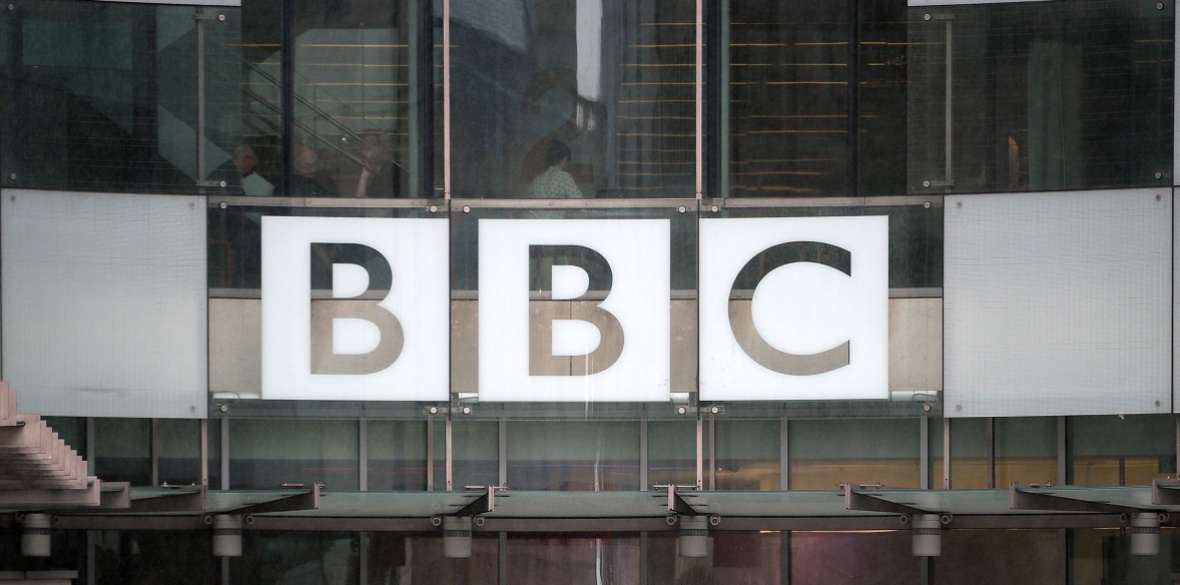This is the last article you can read this month
You can read more article this month
You can read more articles this month
Sorry your limit is up for this month
Reset on:
Please help support the Morning Star by subscribing here
BBC bosses denied that the organisation was still involved in propaganda against governments in Latin America and the Middle East today after a report revealed its involvement in a secret anti-communist plot in the 1960s.
Declassified government papers in the National Archives have revealed that the state broadcaster colluded with British intelligence to control international media during the 1960s and 1970s.
In an elaborate scheme, the British government paid newswire service Reuters to set up a reporting service in the Middle East, funding it covertly via the BBC.
It was devised in 1969 by the Information Research Department (IRD), a secretive Foreign Office department set-up in 1948. It produced anti-communist material to fight a propaganda war with the Soviet Union.
Under the plan the BBC paid an “enhanced subscription” to Reuters which was experiencing major financial difficulties. The payment was made with the understanding that the BBC would recoup the additional cash from the Treasury.
The BBC was keen to keep the clandestine relationship under wraps, with claims that only two of its employees were aware of the scheme which was approved by then head of external services Sir Charles Curran.
Prior to the development, the Foreign Office was already paying Reuters for Latin American news reporting via a front company.
“HMG’s interests should be well served by the new arrangement,” said the declassified document.
Reuters provided news in English and local languages about local and world events, for re-use by media based in the region, with “a measure of political influence” coming from the British government.
The documents said Reuters “could and would provide” what the government needed.
According to the papers, Reuters was paid at least £350,000 over four years.
A Reuters spokesman claimed that they would not enter into a similar arrangement today and said: “Reuters receives no government funding, supplying independent, unbiased news in every part of the world.”
The Morning Star asked the BBC how this impacted on its alleged impartiality and if the practice was continuing.
The organisation did not respond directly to questions over current links to British intelligence or its role in propaganda against governments where western powers seek regime change.
A BBC spokesman told the Star: “The BBC Charter guarantees editorial independence irrespective of whether funding comes from the UK government, the licence fee or commercial sources. ”










